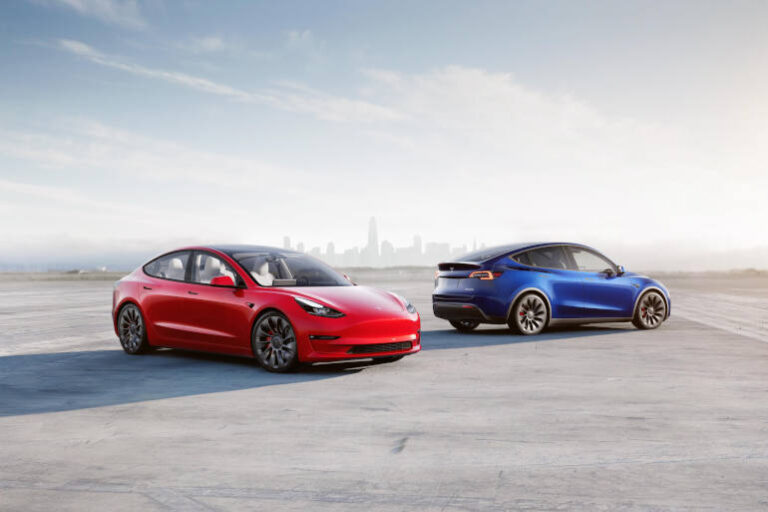The Electric Vehicle Council (EVC) has released its 2024 new electric car sales data, providing insights into the performance of Tesla and Polestar in the Australian market. While this monthly report offers a snapshot of vehicle deliveries, it is not exhaustive. Participation is voluntary, and the EVC welcomes all manufacturers to contribute their data to build a comprehensive and transparent view of the market.
Tesla: A Market Leader Facing a Slight Dip
Tesla remained a dominant player in the Australian EV market in 2024, delivering 38,347 vehicles, though this marked a 16.85% decline compared to 2023. The Tesla Model Y RWD emerged as the top-selling model, popular among both individual consumers and fleet buyers. Fleet sales accounted for 19% of Tesla’s total deliveries.
Interestingly, buyers predominantly opted for the standard range variants in both the Model 3 and Model Y. However, the long-range option of the Model 3 showed higher popularity, constituting 15% of total sales, compared to only 10% for the Model Y long-range.
Polestar: Navigating Challenges
Polestar experienced a more significant decline, with 2024 sales dropping 30.28% to 1,713 vehicles compared to 2,457 in 2023. Despite this, Polestar continues to play a vital role in the expanding Australian EV market.
A Broader EV Market Landscape
Tesla’s and Polestar’s sales declines in 2024 reflect broader market dynamics rather than diminishing interest in EVs. In 2023, Tesla capitalised on the Federal Government’s Fringe Benefits Tax (FBT) Exemption, which spurred sales to novated lease buyers and companies. However, the landscape shifted in 2024 as other manufacturers increased supply and introduced competitive models.
The full extent of these changes will be revealed in the upcoming VFACTS results from the Federal Chamber of Automotive Industries (FCAI). Early indications point to strong performances from brands like BYD and BMW, which have capitalised on government incentives and expanding model ranges.
BYD: A Rising Star
BYD has leveraged the FBT Exemption effectively, with its growing model range, including the Sealion SUV and the anticipated SHARK6 Plug-in Hybrid Electric Vehicle (PHEV) utility. The SHARK6 could transform Australian roads if BYD meets its estimated 4,000 orders in the first quarter of 2025 before the FBT Exemption for PHEVs expires on 31 March.
BMW: Making Luxury Accessible
BMW has also reaped the benefits of the FBT Exemption, offering several electric models priced below the incentive threshold. This has allowed novated lease buyers to access European luxury and design with an electric powertrain at prices comparable to traditional Japanese and Korean petrol vehicles.
Looking Ahead
While Tesla and Polestar faced challenges in 2024, the increasing participation of other manufacturers signifies a maturing Australian EV market. It is clear that the EV landscape in Australia is rapidly evolving. With government incentives playing a pivotal role, manufacturers are seizing the opportunity to innovate and meet growing consumer demand for sustainable transport.






